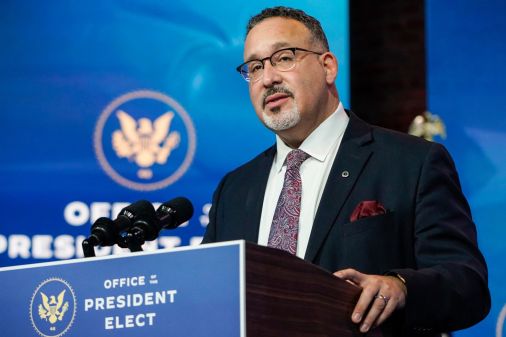Idaho exchange breaks from the feds
State health insurance exchanges have drawn a lot of attention during the past several months over how state officials have struggled to fix their broken sites or, in some cases, opted to join the majority of states that use the federal government’s platform.
An opposite story, though, is playing out in Idaho as the state plans to launch its own health insurance exchange when open enrollment begins on Nov. 15, after spending last year as part of the federal government’s Healthcare.gov exchange.
Pat Kelly, the executive director of the Idaho exchange, has said that having the state’s name in the marketplace (it is called Your Health Idaho) will attract more residents and give the exchange more of a personal feel. “This is an Idaho solution,” he said earlier this year. But in reality, the move is straight politics.
With a Republican governor and Republicans controlling the state’s senate and house, Gov. Butch Otter, a strong opponent of the Affordable Care Act, along with business leaders throughout Idaho pushed for the state to go into business for itself.
Otter was one of the state leaders to sue the federal government for imposing the Affordable Care Act, but, after the suit failed, he had the state build its own exchange, choosing to wait a year to make it a reality and get the state legislature on board.
“We can still build our own exchange, or let the feds impose their version on us. I want Idahoans to be in charge, not the feds,” Otter stated in early 2013 in a radio commercial advocating for the exchange’s creation, broadcast statewide and funded by the Idaho Association of Commerce and Industry. “We can keep the feds out of Idaho,” he claimed.
“I know the public debate will continue,” Otter said earlier this year, “but let me reassure you that we are far better off engaged than we would be on the sidelines.”
After early troubles at the beginning of last year’s open enrollment, the federal government’s exchange ended up with less glitches than some of the state-run exchanges. States such as Oregon, Nevada and Massachusetts have joined the federal exchange either permanently or temporarily while they fix ongoing issues with their own exchanges.
Idaho now joins a group of 12 states and the District of Columbia that will run its own exchange. Some states, such as California, Kentucky and Connecticut, had little trouble with their own exchanges and benefitted from being able to tailor a solution to their state residents needs.
Last year, Idaho became one of the program’s more successful states as about 76,000 residents signed up, and it featured some of the lowest rates in the nation.
Idaho officials are hoping their own exchange can do better, though. Using $35 million of federal money, the state hopes to enroll 165,000 people this year – a mighty task considering this year’s open enrollment period is only three months long, opposed to six months last year.
YourHealthIdaho.org claims to offer state residents more choices, with 198 health and dental plans. That’s 52 more plans than offered last year.






